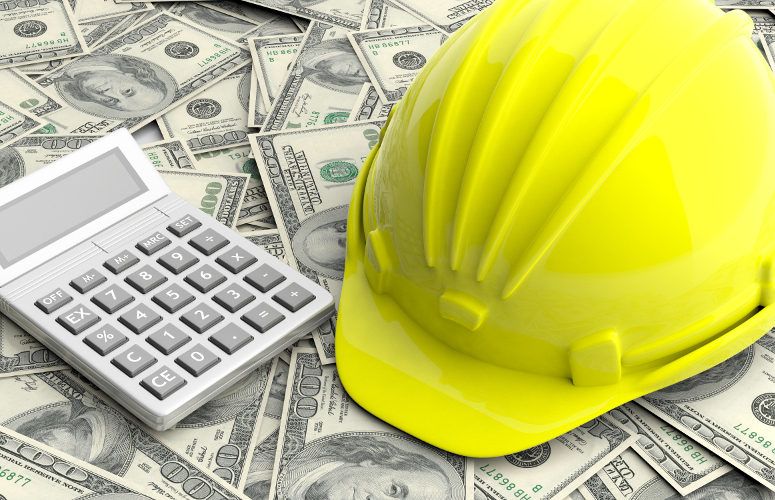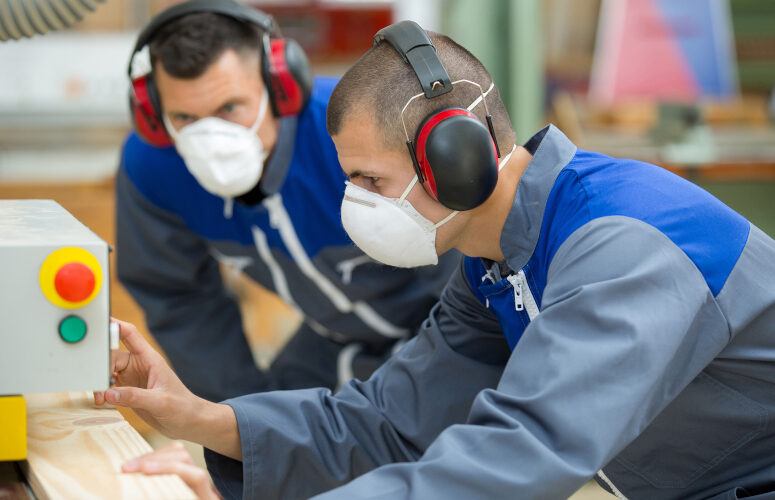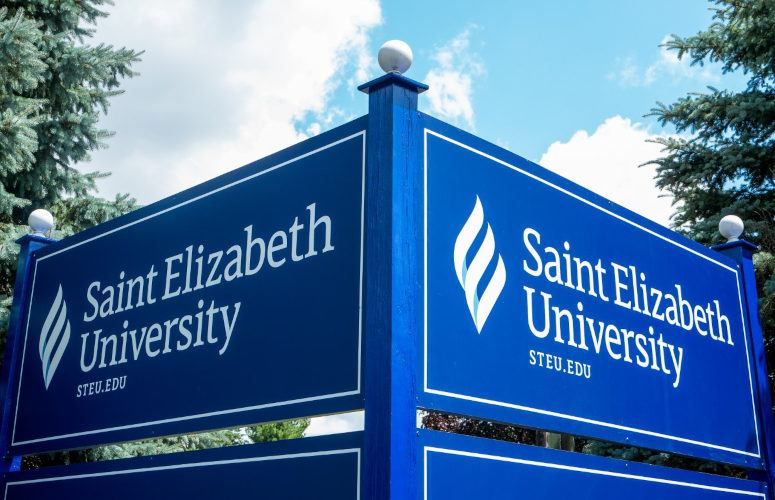
Program Expanding Access to Capital for Emerging Developers Approved
On Nov 21, 2023The New Jersey Economic Development Authority (NJEDA) recently approved the new $20 million Emerging Developer Fund, a pilot program to help developers gain access to capital and build additional capacity to expand their existing portfolio.
Access to capital for small-scale developers in the real estate development industry continues to be a challenge. These barriers are due to predatory lending, excessive carrying costs, and predevelopment expenses a developer may encounter. These predevelopment costs are necessary for the developer to incur before they can seek short-term construction financing. Deterrents in the development industry have created financial setbacks and limited portfolios for emerging development entities that do not have the capital to cover soft costs.
“Rising developers must be part of the process as we strengthen and build up underserved New Jersey communities,” said Lieutenant Governor Tahesha Way. “The NJEDA’s Emerging Developers Fund is in line with Governor Phil Murphy’s vision for a more accessible and equitable economy and a stronger Garden State.”
The fund will provide grants of up to $200,000 to assist small-scale developers with up to 50% of their pre-development soft costs. The program will support small-scale developers that have completed at least two – but no more than five – commercial and/or mixed-use properties of similar scope. The creation of this program will address various difficulties that continue to be a constant burden to emerging developers, which limit opportunities to expand their portfolios.
“As we work to revitalize communities across the state, we must ensure new, emerging developers have access to the same opportunities and advantages in order to create an inclusive economy,” said NJEDA Chief Executive Officer Tim Sullivan. “The Emerging Developer Fund will better position small-scale developers to grow and succeed, which will ultimately help build stronger communities. The program’s focus on developers in underserved communities underscore’s Governor Murphy and Lieutenant Governor Way’s commitment to creating a stronger, fairer economy and improving the lives of hardworking New Jerseyans.”
“The fund aligns with DCA’s mission of strengthening communities through the talent, vision, and energy of all stakeholders, including small-scale developers,” said Jacquelyn A. Suárez, acting commissioner of the New Jersey Department of Community Affairs (DCA). “We applaud the NJEDA and its Board for establishing a program to help emerging developers build their business and invest in aspiring communities.”
“Under Gov. Murphy’s leadership, New Jersey is taking proactive strides to empower developers from a wider range of backgrounds. The Emerging Developer Fund will further the administration’s efforts to break barriers and foster growth,” said New Jersey Housing and Mortgage Finance Agency Executive Director Melanie Walter. “Together, we’re shaping a brighter future for our communities, one development at a time.”
Projects located in Opportunity Zones or in a Government Restricted Municipality (GRM) will receive an additional $50,000 bonus, increasing its award to $250,000. There are 169 designated Opportunity Zones and three GRM’s, including Atlantic City, Paterson, and Trenton.
“This latest initiative by the NJEDA demonstrates how government can execute with intentionality to expand participation in our state’s economy,” said John E. Harmon. Sr., founder, president & CEO, African America Chamber of Commerce of New Jersey (AACCNJ). “The Emerging Developer Fund is a forward-thinking strategy to improve New Jersey’s competitiveness.”
“The Emerging Developer Fund is a groundbreaking initiative for underrepresented developers in New Jersey. It provides access to vital capital and opens up opportunities to expand their portfolio and contribute to economic growth in our communities,” said Carlos Medina, president/CEO Statewide Hispanic Chamber of Commerce of NJ (SHCCNJ).
Soft costs eligible to be covered by the program include, insurance costs, legal fees, utilities, property taxes, construction drawings, and design fees. Costs associated with purchase of property or construction are not eligible.
To access more business news, visit NJB News Now.
Related Articles:





